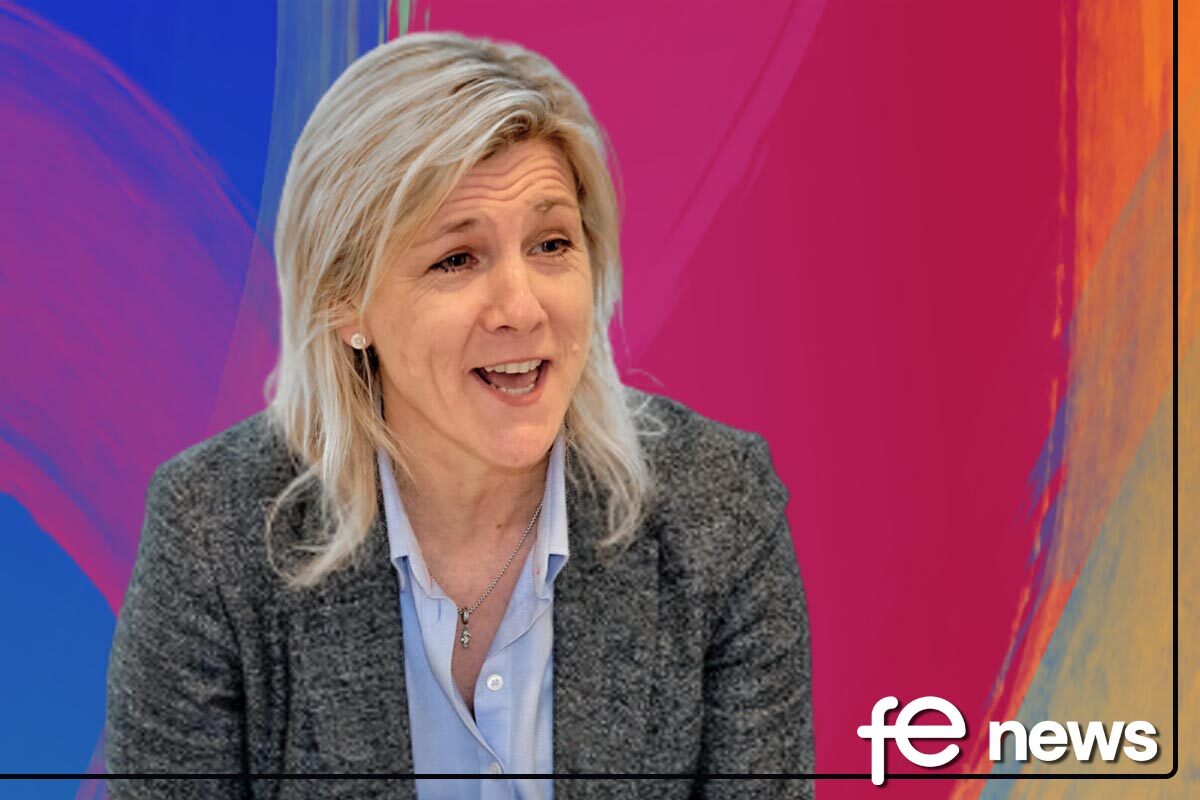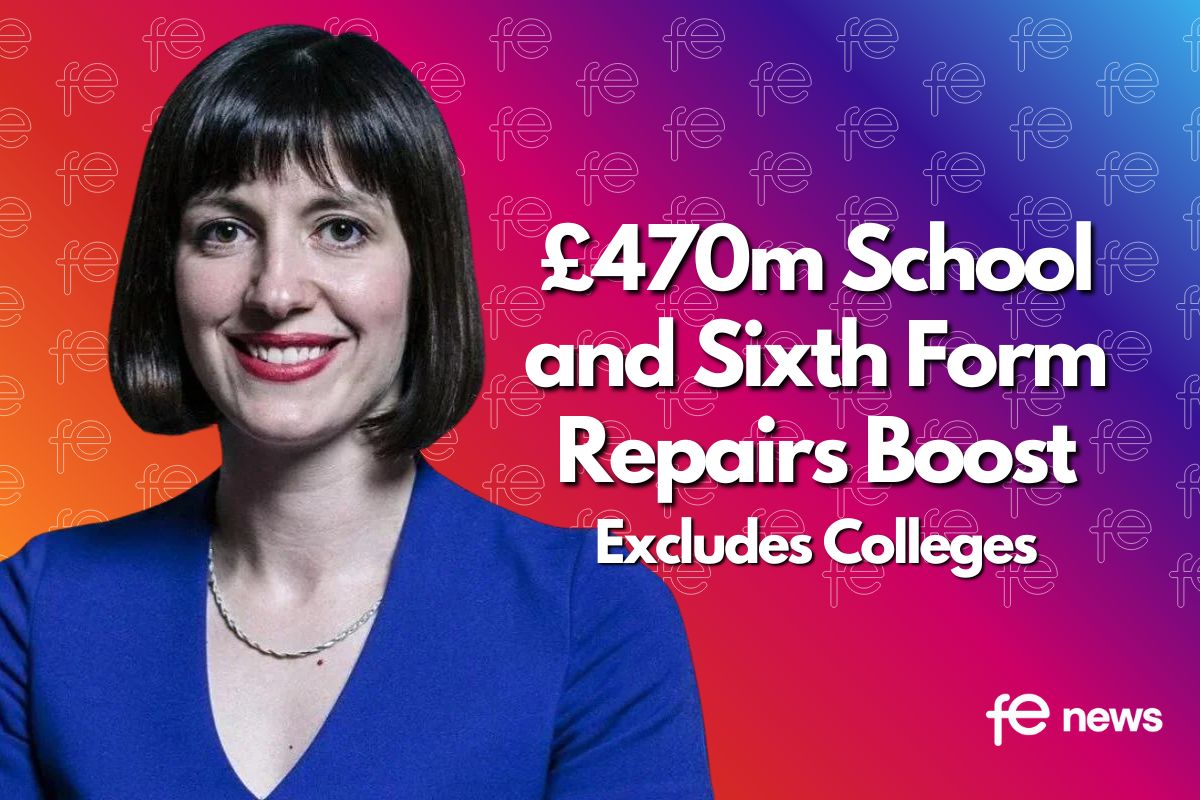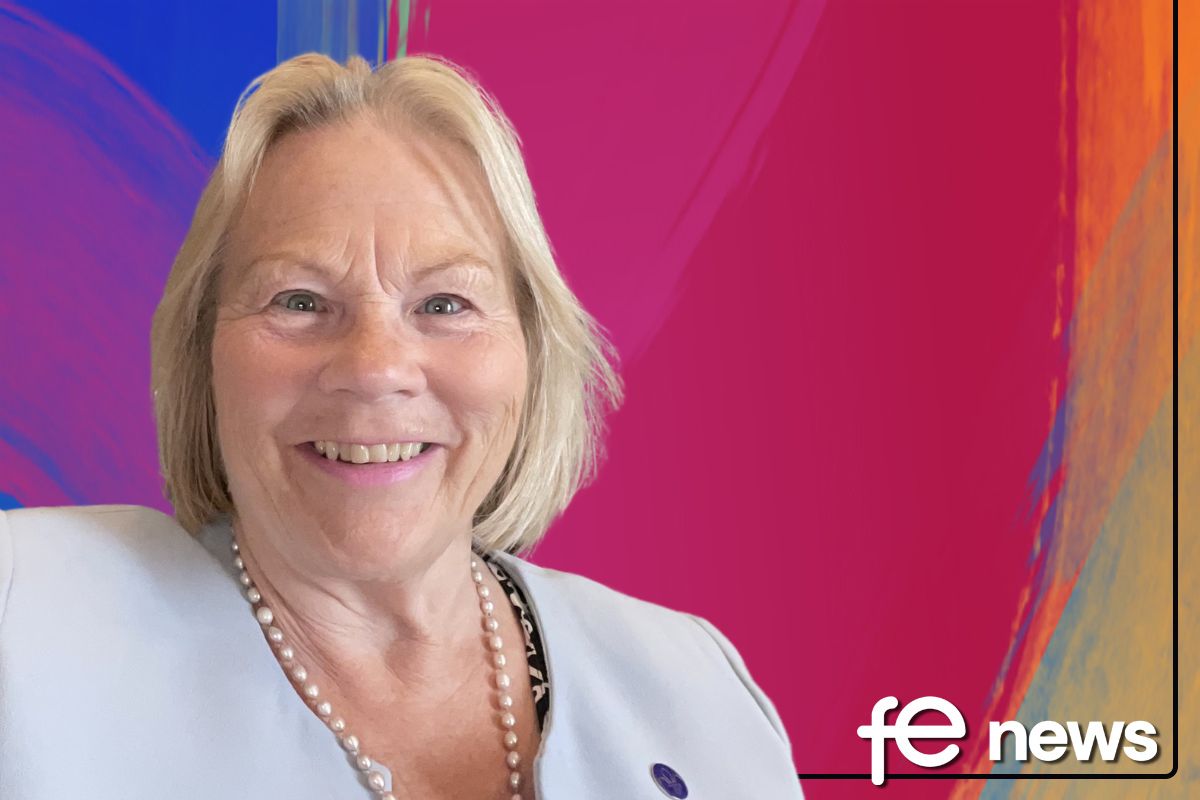Changing the narrative: Financial education as an enabler and opportunity-maker for young people

As we start a new year, many people will be feeling the financial pressure from the Christmas period. But for young people growing up in a complex financial landscape, the pressures on them are greater than many others.
As the world becomes increasingly cashless, and where a digital divide prevents access to financial products for many, young people need increasing support to equip them with the knowledge and skills to build a healthy relationship with money.
Exposure to financial misinformation on social media, opportunities to invest in cryptocurrency, and scam advertising, young people face financial dangers that didn’t exist ten years ago.
Research has shown that young people are now more at risk from fraud than older people, so it’s unsurprising that 67% of young people do not feel confident planning for their financial future. However, only one in three primary school children and less than half of secondary school children currently receive any form of financial education.
We know that lifelong habits and behaviours around money are formed by the age of seven. By this age, children have grasped the ability to recognise the value of money and have an understanding of what it means to earn money and what income is.
So why are so few young people receiving the financial education that has the power to transform their life chances?
At Young Enterprise’s recent Minding Your Money event, Martin Lewis Founder of Money Saving Expert, Fozia Irfan Director of Children and Young People at BBC Children in Need, Claer Barrett Consumer Editor at Financial Times and Saeed Atcha, CEO Youth Leads UK, came together to discuss the significant advantages that a financial education can offer.
We discussed the potential impact that financial education can have on social mobility to take people out of poverty and discovered there is a real potential to change the narrative around financial education to show it as an enabler and opportunity-maker for young people.
What’s clear though, is an urgent need to better understand the contribution that financial capability makes to an individual’s social mobility. For example, if a young person has the financial understanding to know how to take on and manage debt, it will hugely impact their lives. If the government is serious about its levelling up agenda, young people need more opportunities, from an early age, to build the necessary skills and mindset to manage money.
One panelist commented that the role that financial education can play in bettering a child’s growth into adulthood can offer unparalleled benefits not just to the individual but to society, and that having more financially literate people better able to take care of themselves would be a win for government.
To make this happen, we need to teach it in a way that resonates with young people who learn best when faced with real, relevant and meaningful scenarios. We should help schools develop their curriculum in realistic ways that are effective for young people.
We cannot expect teachers and schools to do this on their own. We need to look outside of the formal education environment to support parents, carers, youth workers and communities to help young people build their financial capability collectively.
The Money and Pension Service’s UK Strategy for Financial Wellbeing is committed to two million more young people getting a meaningful financial education.
However, at Young Enterprise, we would go even further and recommend more young people receive a financial education, as recommended by the recent APPG report into financial education for primary school children.
Financial education can help transform young people’s lives regardless of their starting point. We need to provide them with more opportunities, at an earlier age, to build the necessary skills and mindset to manage money. We urge policymakers to partner with key stakeholders and support the next generation of young people to become more financially capable.
Sharon Davies is CEO of Young Enterprise and host of the Enterprising Mindsets podcast series, which explores the impact of financial education and its link with improving social mobility.











Responses